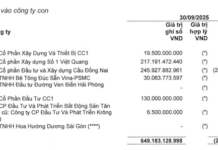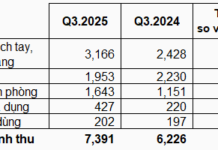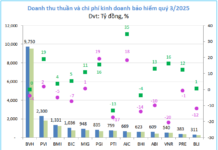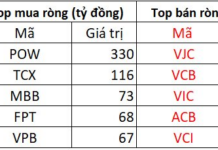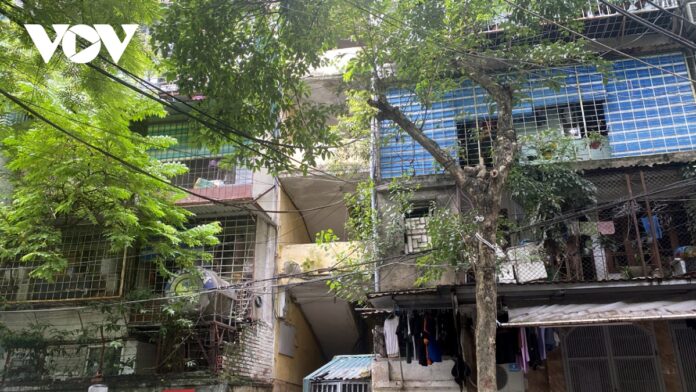According to statistics from the Ministry of Construction, Hanoi has approximately 1,800 old apartment buildings, while Ho Chi Minh City has over 1,500. Most of these apartments were built in the 1970s and 1980s and are now in a state of disrepair. Among them, hundreds of apartments are rated as Grade D, indicating a very serious level of deterioration.
Despite their best efforts, the renovation of these old apartments in the country’s two largest cities has faced numerous challenges over the decades. The question arises as to whether important new laws, such as the Land Law, Housing Law, and Real Estate Business Law, which all came into effect on August 1, will help resolve the difficulties and obstacles in this endeavor.
Hanoi has been working on renovating old apartments since 2005. However, in the past 20 years, the city has only managed to renovate approximately 1.14% of the total number of old apartments and housing complexes in need of repair, renovation, and reconstruction. The majority of the old apartments have floor areas ranging from 30 to 50 square meters, but most residents have made alterations and repairs to suit their needs.
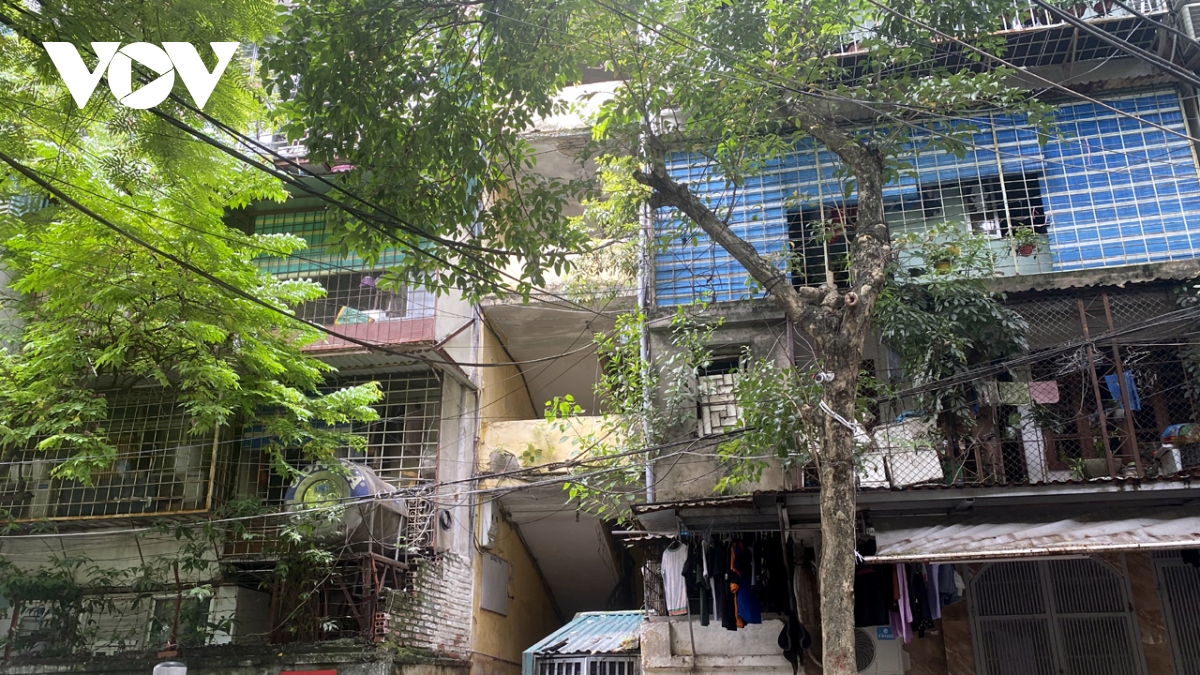
K8 Apartment Building, Thanh Cong Ward, Ba Dinh District, Hanoi
Due to a lack of regular maintenance, the urban infrastructure has deteriorated, causing many old apartments to continue to degrade, with some suffering severe damage that poses a danger to the safety of the building’s structure and technical systems. Out of a total of 401 old apartments that were inspected, 80 were found to be dangerous and rated as Grade D, indicating a very dangerous level.
Mr. Luong Xuan Hong, a resident of the K8 collective area in Thanh Cong Ward, Ba Dinh District, Hanoi, stated that the compensation rate according to the old regulations was too low, and the residents were not satisfied. The residents hope that the new regulations will increase the compensation rate to ensure their rights.
On the other hand, Ms. Vu Thi Lan, a resident of the K7 collective area in the same ward, expressed that the households in block C1 received VND 5 million per month and had to wait for 12 years before they could return. She suggested that the state should apply a new and more reasonable mechanism, such as providing temporary housing for the residents during the construction and renovation process. “The state should allocate temporary apartments for the residents to live in while waiting for the construction and renovation to be completed,” she said. “If they are only provided with financial support, the value of money may decrease over time, causing difficulties for the residents.”
It is evident that the renovation or reconstruction of these apartments is something that the residents eagerly anticipate. They understand that living in old, dilapidated, and overcrowded buildings with inadequate infrastructure is very unsettling. The remaining issue is to balance the interests of all stakeholders. If residents are temporarily relocated, what will be the compensation rate? If they have to move out temporarily while waiting for the construction to be completed, what will be the financial arrangement, and how will the additional floor area be calculated? Even the question of how to handle cases where some apartments do not have legal ownership documents while others do is a complex one that cannot be resolved overnight.
Economist Dr. Nguyen Minh Phong pointed out two prominent issues: balancing the interests of investors and residents, as most apartment owners prefer to be resettled on-site, and determining the height of apartments in large cities like Hanoi and Ho Chi Minh City. He also highlighted the challenge of limited capital, as real estate developers lack sufficient funds to completely rebuild the apartments without financial contributions from the residents.
Clear Incentives for Old Apartment Renovation
Recognizing the situation, the 2023 Housing Law dedicates Chapter 5 to addressing the issue of renovating and reconstructing old apartments. This includes legalizing the service life of apartment buildings based on design documents and actual usage, with old apartments that have exceeded their service life being subject to inspection by provincial-level housing management authorities. If found to be unsafe, these apartments will be forcibly demolished and rebuilt.
Additionally, the law introduces a series of incentives for investors in old apartment renovation projects, including exemptions from land use fees and land rent, as well as the ability to commercially exploit the remaining residential area after resettlement, commercial services within the project scope, and access to preferential loans. Investors can also benefit from local budget support for the construction of technical and social infrastructure within the project and enjoy tax incentives, which are attracting significant interest from private enterprises.
Mr. Nguyen Manh Khoi, Deputy Director of the Department of Housing and Real Estate Market Management (Ministry of Construction), stated that despite limited investment capital, the determination of local authorities will boost the renovation of old apartments in the future. The National Assembly and the Government are working to maximize the removal of obstacles in policies and regulations. The most important factor remains the local authorities, mainly Hanoi and Ho Chi Minh City.
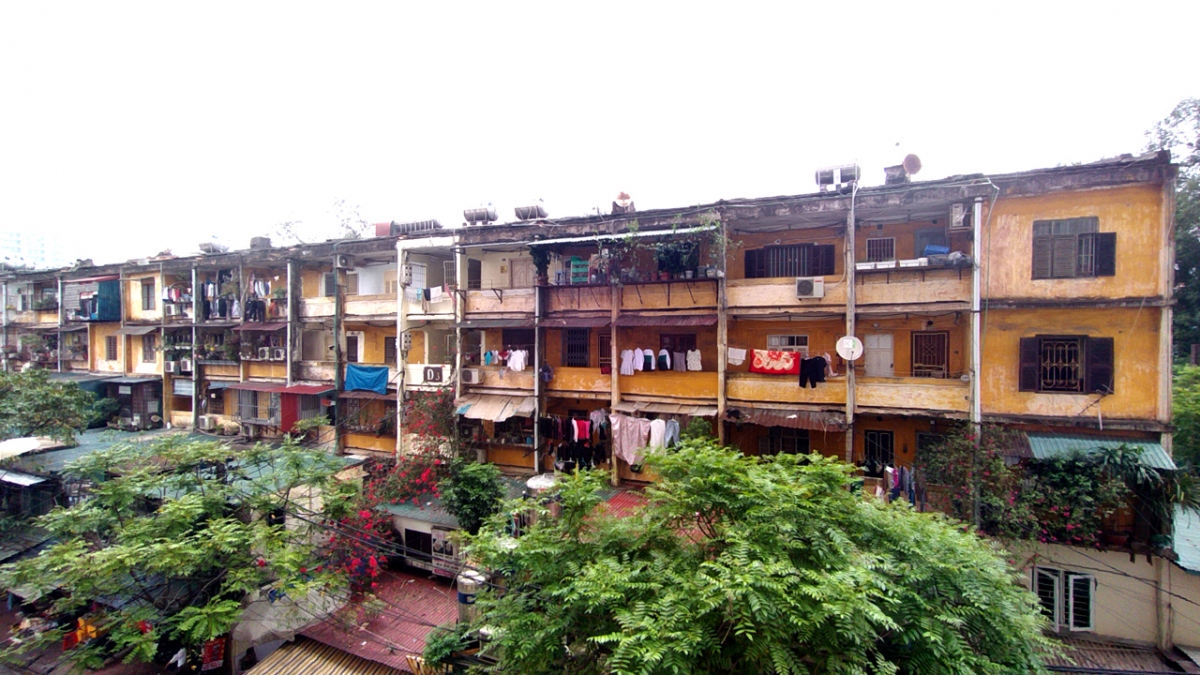
The renovation or reconstruction of old apartments is something that the residents eagerly anticipate.
According to the new regulations, investors in old apartment renovation projects can expect profits ranging from 10% to 15%, as opposed to the previous fixed rate of 10%. The selected investor for an old apartment renovation project can also propose adjustments to the project, such as increasing the number of floors. In addition to the standard compensation and support, residents on the first and second floors and those in corner apartments will be given priority to purchase or rent commercial space on the ground floor of the new building for their business activities.
Thus, the incentives for old apartment renovation are now very clear. The effectiveness of the implementation will depend on the approved planning for each area. The compensation rate, compensation method, and consolidation of multiple small apartments into larger ones have been “untied” for both enterprises and residents, and the delegation of authority to the departments, branches, and localities is also an important factor in this work.
Driving License Suspended from June 1 for Lending to Others!
Pursuant to Circular Letter 05 of the Ministry of Transport, from June 1st onward, individuals lending their driver’s licenses to others shall have their licenses revoked.












